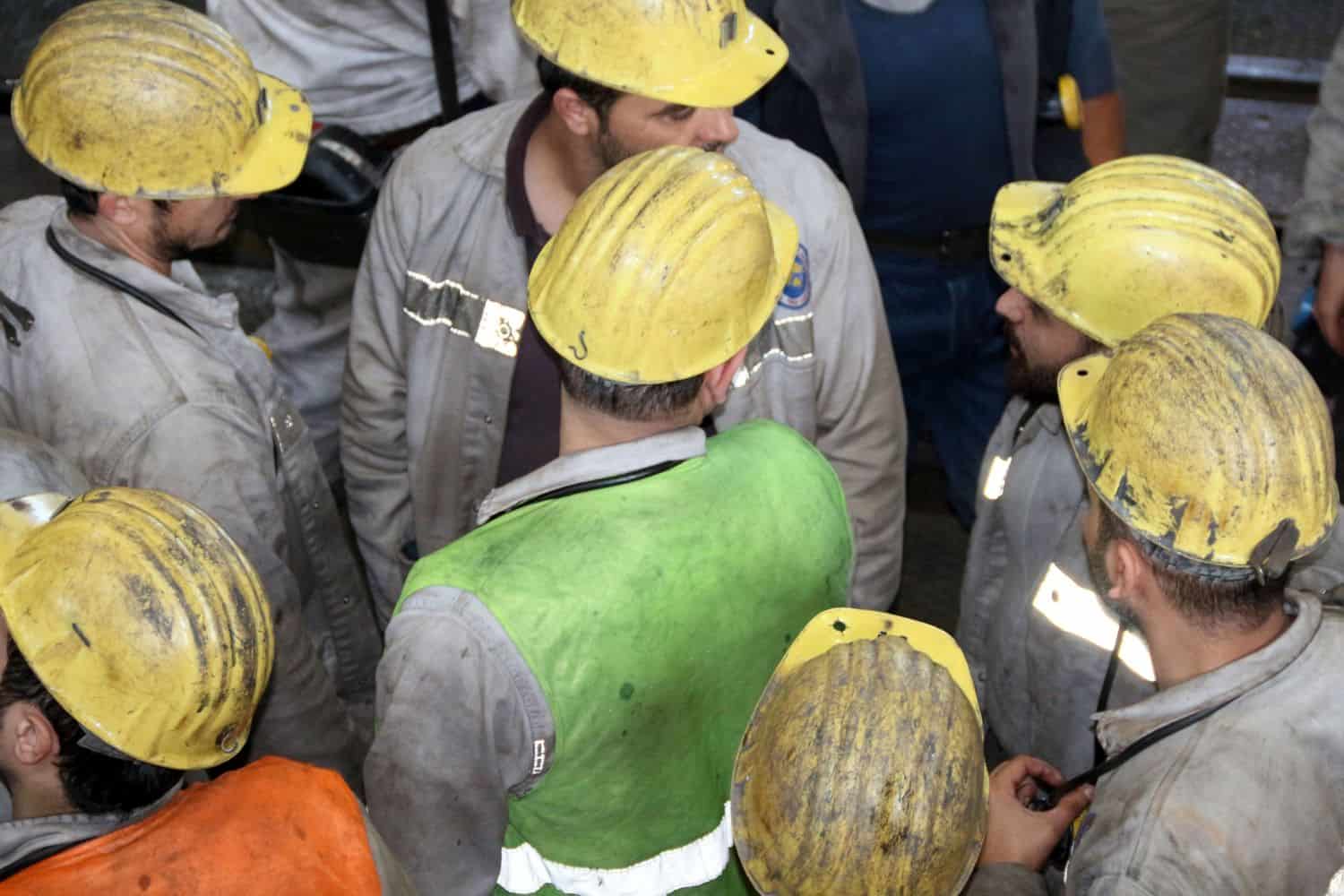Over half went to SA mine workers who contracted silicosis, and 42% to former workers from Lesotho.

It’s been seven years since the groundbreaking silicosis class action case was settled in favour of mineworkers who contracted debilitating illnesses as a result of their work. The latest annual report from the Tshiamiso Trust, created to manage the disbursement of funds, shows R2.2 billion has been paid to 21 416 workers and their families.
The majority of the funds paid (51%) went to South African beneficiaries, followed by 42% to those from Lesotho.
The total paid over the financial year to February 2025 was R540 million, up from R461 million the previous year.
Disbursement of funds by the trust was complicated by the need to locate and verify tens of thousands of workers across the region, many of whom have since died as a result of ‘natural causes.’
“With four years remaining for potentially eligible claimants to lodge their claims, intensified efforts are required to reach individuals in underserved areas,” says Tshiamiso Trust chair May Hermanus.
ALSO READ: Pay delays leave pain: Families of sick mineworkers still await justice
The claims net has been expanded to allow beneficiaries to submit forms certified by an attending medical practitioner for those reported to have died from natural causes, showing silicosis and cardio-respiratory tuberculosis as the primary cause of death.
Despite the accelerated payouts, one major challenge is the strict medical and legal criteria, established in the original legal settlement. Of the 83 810 medical certifications completed, 70% were ruled ineligible as the medical evidence did not meet the prescribed criteria.
Tracking down the thousands of former mineworkers across the region was another challenge. Hermanus says strategic partnerships and innovative approaches are required to extend the trust’s reach.
“As we look ahead, our strategic focus is clear: strengthening partnerships. We know that the scale of our task cannot be met in isolation. Collaboration is the key to expanding our reach, improving efficiencies, and ensuring that all eligible claimants are paid,” says Tshiamiso Trust CEO Munyadziwa Kwinda.
A successful pilot project established in Zimbabwe can be replicated in other areas, with discussions now proceeding with the Malawian government to find innovative ways to track down former SA mineworkers or their families.
ALSO READ: Drive to compensate ex-miners with TB or silicosis
“The period in review saw the establishment of Benefit Medical Examination (BME) services in Botswana, where some claimants were paid within just two weeks of completing their medical examination,” said Kwinda.
“This demonstrates the effectiveness of our streamlined processes.”
Those disputing the outcome of a claim now have 120 days, instead of the previous 30 days, to appeal.
The trust says it still faces difficulties in tracking down claimants, often because their original contact information has changed.
This prevents claim updates and the scheduling of medical exams. Another problem is the lack of documentation, particularly cause of death notices that are not commonly provided to the public. The trust is exploring ways to improve claimant access.
In total, more than 143 000 claims have been submitted and 68 000 medical exams undertaken, resulting in claims being paid to 21 416 beneficiaries so far.
This article was republished from Moneyweb. Read the original here.
Support Local Journalism
Add The Citizen as a Preferred Source on Google and follow us on Google News to see more of our trusted reporting in Google News and Top Stories.






